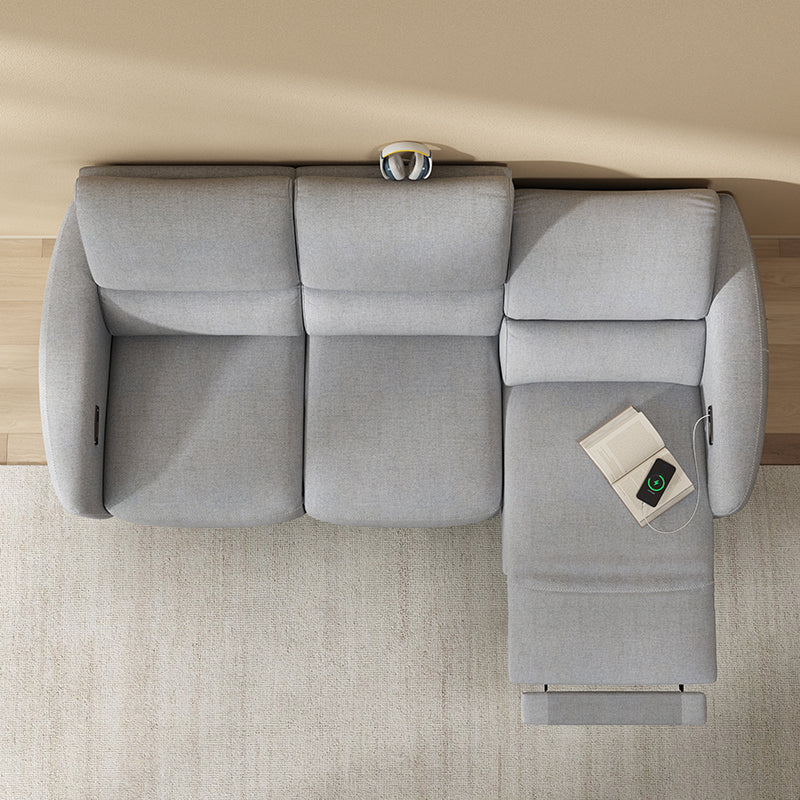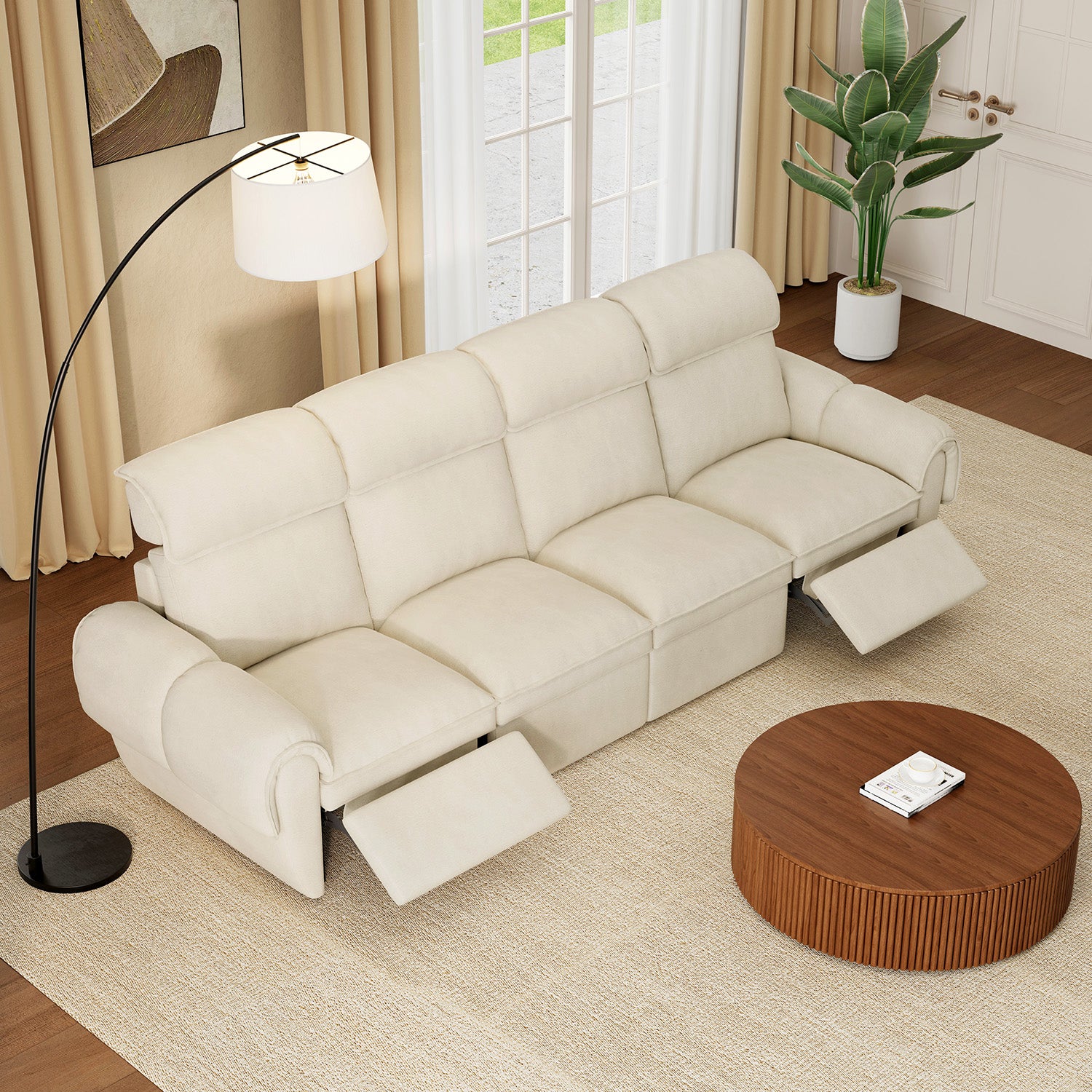Sleeping on a couch is something most people have done at some point—whether during a movie marathon, an unexpected nap, or when guests take over the bedroom. While it may seem harmless, regularly sleeping on a couch can have a variety of effects on your body and overall health. From physical discomfort to potential long-term consequences, understanding the pros and cons of couch sleeping can help you decide when it’s acceptable and when it’s better to opt for a bed.
Table of Content
1. The Physical Impact of Sleeping on a Couch

Couches are designed for sitting, not sleeping, and their structure often reflects this purpose. Unlike mattresses, which are specifically made to support the body during sleep, most couches lack the necessary ergonomics for proper spinal alignment and comfort.
Poor Spinal Alignment
- Issue: Couches often have uneven surfaces, plush cushions, or rigid armrests, all of which can disrupt your natural spinal curvature. Sleeping in awkward positions can strain the neck, shoulders, back, and hips.
- Consequence: Over time, this misalignment can lead to chronic pain, stiffness, or even long-term posture problems.
Lack of Support
- Issue: While a bed provides uniform support, couches often have sagging cushions or uneven firmness. This inconsistency can put undue pressure on certain parts of the body.
- Consequence: Poor support can contribute to restless sleep and exacerbate existing musculoskeletal issues, such as lower back pain or joint discomfort.
Restricted Movement
- Issue: Couches are generally narrower than beds, limiting the ability to move freely during sleep. People who sleep on their sides or toss and turn may find this particularly uncomfortable.
- Consequence: Restricted movement can result in interrupted sleep cycles, leading to fatigue and irritability.
2. Sleep Quality on a Couch
Comfort is key to a good night’s rest, and while a couch might feel cozy for lounging, it may not provide the conditions necessary for deep, restorative sleep.
Disrupted Sleep Patterns
- Issue: External factors, such as the living room environment, can interfere with sleep. Noise from appliances, light from screens, or foot traffic in the area can prevent you from entering the deeper stages of sleep.
- Consequence: Poor-quality sleep can lead to daytime drowsiness, reduced cognitive function, and a weakened immune system.
Temperature Regulation
- Issue: Unlike a bed, where you can control your sleep environment with blankets and bedding, a couch may not allow for proper temperature regulation.
- Consequence: Feeling too hot or cold can disrupt your sleep, leaving you groggy and uncomfortable the next day.
Psychological Factors
- Issue: Sleeping in a space not designated for rest can confuse your body’s internal clock, making it harder to associate the couch with relaxation.
- Consequence: Over time, this can disrupt your circadian rhythm, leading to difficulty falling asleep or staying asleep in your bed.
3. Hygiene Concerns

Couches can harbor allergens, dust mites, and bacteria, especially if they are used frequently for sitting, eating, or lounging.
Allergens and Dust
Issue: Upholstered furniture can trap allergens like dust, pet dander, and pollen. Prolonged exposure during sleep can trigger allergies or respiratory issues.
Consequence: Waking up with a stuffy nose, itchy eyes, or a sore throat can become common if your couch isn’t cleaned regularly.
Hygiene Risks
Issue: Unlike a bed with washable linens, couches are harder to clean thoroughly. Spills, sweat, and oils from your skin can accumulate over time.
Consequence: Sleeping on a dirty surface can lead to skin irritation or even exacerbate conditions like eczema or acne.
4. When Sleeping on a Couch is Acceptable
While regular couch sleeping isn’t ideal, there are situations where it might not cause significant harm.
a. Short Naps
A quick nap on the couch, especially if it’s comfortable and supportive, is unlikely to have negative effects. Just make sure your posture is as neutral as possible.
b. Emergency Situations
When beds aren’t available, such as when hosting guests or during home renovations, sleeping on a couch can be a temporary solution.
c. Occasional Preferences
Some people find the firmness or coziness of a couch appealing for a night or two, particularly if their bed is less comfortable.
5. Tips for Making Couch Sleeping More Comfortable
If you need to sleep on a couch, here are some ways to minimize discomfort and health risks:
Use Supportive Accessories
Add a memory foam topper or a firm blanket to even out the surface of the couch.
Use supportive pillows for your neck and lower back.
Sleep in a Neutral Position
Avoid curling up too tightly or sleeping with your head on the armrest, as these positions can strain your neck and back.
Create a Sleep-Friendly Environment
Minimize noise and light in the living room by turning off electronics and using blackout curtains or an eye mask.
Adjust the temperature to ensure you’re comfortable throughout the night.
Clean the Couch Regularly
Vacuum and sanitize your couch to reduce allergens and bacteria. Consider using a washable slipcover for added hygiene.
6. Long-Term Implications of Couch Sleeping
If sleeping on the couch becomes a habit, it may signal underlying issues such as relationship difficulties, insomnia, or discomfort with your bed. Addressing these root causes can improve your sleep quality and overall well-being.
a. Strain on Relationships
Regularly opting for the couch instead of the bed can create distance in romantic relationships. Communication and compromise are essential to resolving such situations.
b. Decline in Sleep Quality
Over time, the lack of proper support and rest can contribute to chronic sleep disorders or exacerbate health problems.
7. Conclusion
While sleeping on a couch occasionally isn’t inherently harmful, making it a regular habit can have physical, psychological, and hygienic downsides. Couches simply aren’t designed to provide the same level of support and comfort as a bed. By taking steps to make couch sleeping more comfortable and addressing the reasons for choosing the couch over a bed, you can safeguard your health and ensure better sleep quality. Ultimately, the best solution is to reserve the couch for lounging and use a proper bed for rest.




































